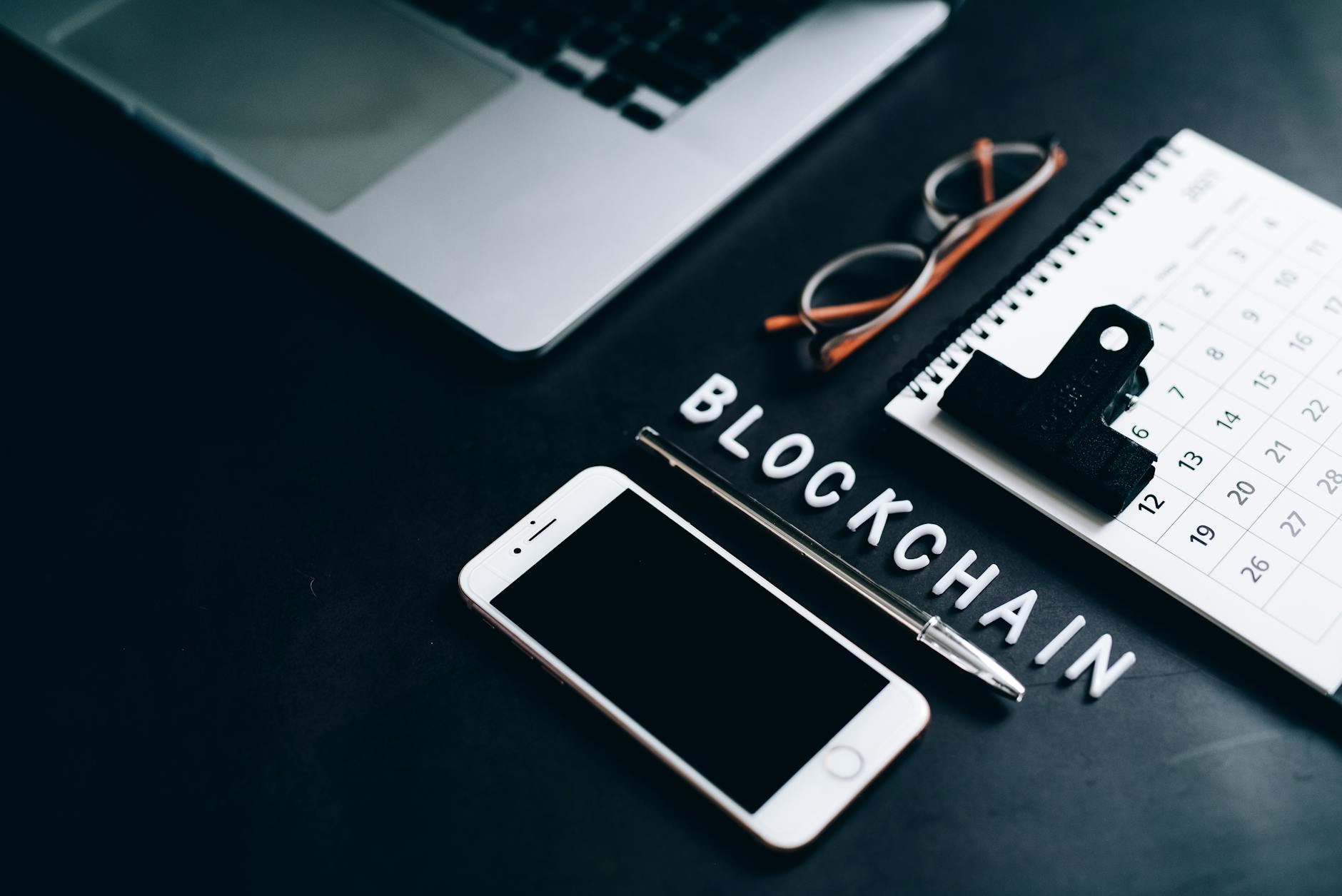In a notable push toward regulatory clarity, the DeFi Education Fund and venture capital firm Andreessen Horowitz (a16z) have urged the U.S. Securities and Exchange Commission (SEC) to establish a regulatory safe harbor for blockchain applications. This proposal, if implemented, would offer a structured yet flexible framework tailored specifically for blockchain-based endeavors like Uniswap and OpenSea.
The call for a regulatory safe harbor isn't merely a procedural suggestion; it's a critical step in fostering innovation while ensuring consumer protection within the blockchain space. A safe harbor would essentially allow emerging projects a grace period to develop their platforms without the immediate burden of strict regulatory compliance, which can be stifling for new technologies. It’s akin to giving these projects room to breathe and grow before fitting them into a regulatory framework that might not have anticipated their emergence-a scenario outlined in The Block.
Current SEC regulations pose a significant challenge, often treating blockchain projects like traditional financial systems without considering the unique technological and operational nuances. This blanket approach can lead to misclassification and even stifle innovation. By proposing a safe harbor, the DeFi Education Fund and a16z are not just advocating for a loophole; they're pushing for a necessary evolution in regulatory perspectives that aligns with technological advancements and market realities.
This proposal is particularly relevant when considering platforms such as Uniswap and OpenSea, which operate on models that do not neatly fit into existing financial regulatory schemes. Without a safe harbor, platforms like these could either be forced to operate in uncertain legal circumstances or reshape their business models to fit an outdated regulatory framework, potentially compromising their efficiency and innovation. This issue resonates closely with the financial sector's ongoing adaptation to blockchain technology, a topic extensively covered in a recent Radom Insights post.
Moreover, establishing a safe harbor could lead to enhanced compliance in the long run. With clearer guidelines and a grace period for adjustment, blockchain projects can focus on innovation while also building robust compliance mechanisms without the looming threat of immediate penalties. This approach not only supports the growth of the blockchain ecosystem but also safeguards the interests of investors and consumers.
From a broader perspective, the requested regulatory safe harbor by the DeFi Education Fund and a16z could set a global benchmark. Other nations might look towards the SEC’s approach as a template or cautionary tale, depending on the outcome. In the rapidly evolving world of blockchain, such regulatory innovations will play a pivotal role in shaping the terrain for the next wave of digital transformation. Given this, the SEC’s response could well be a watershed moment for the entire crypto industry.



